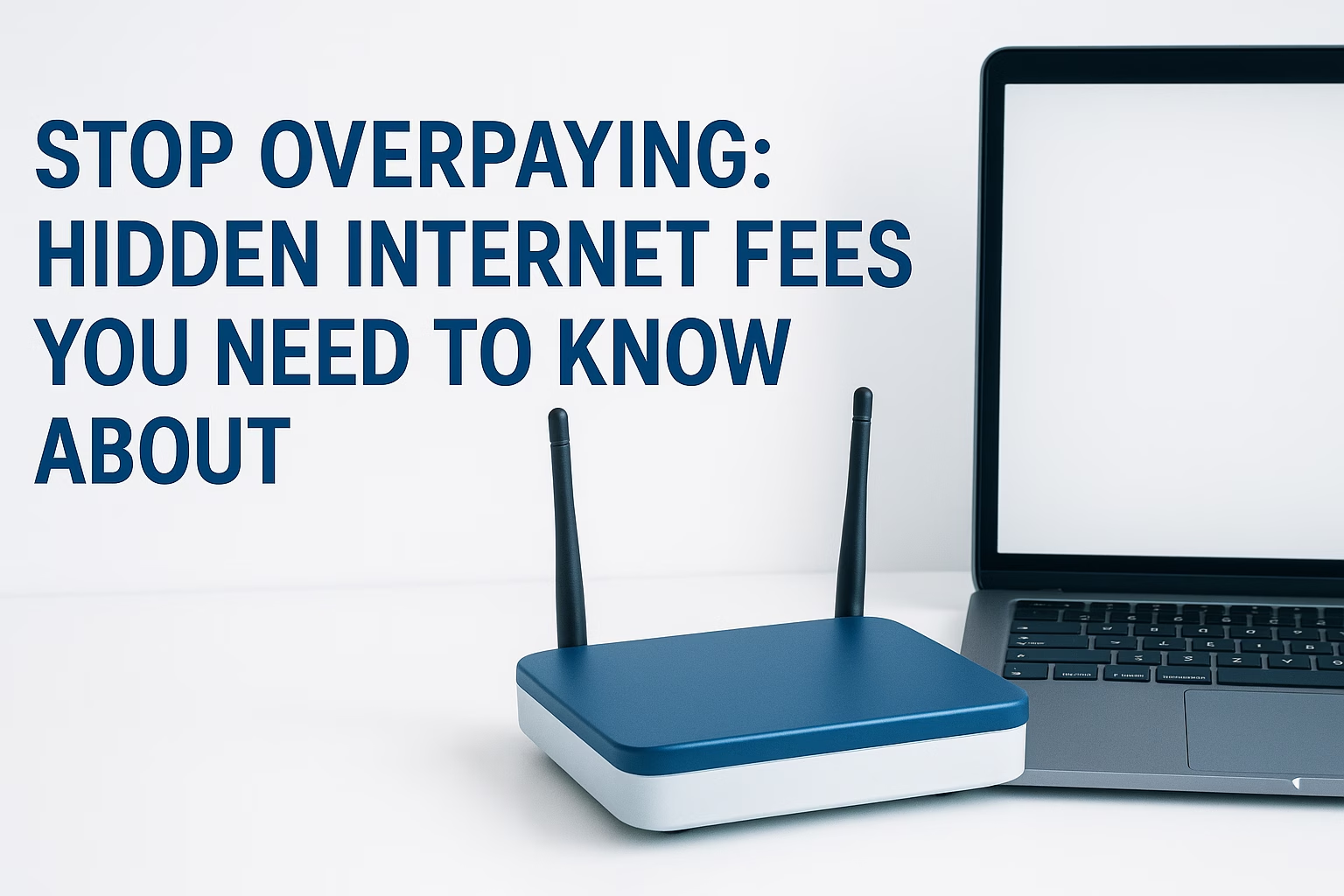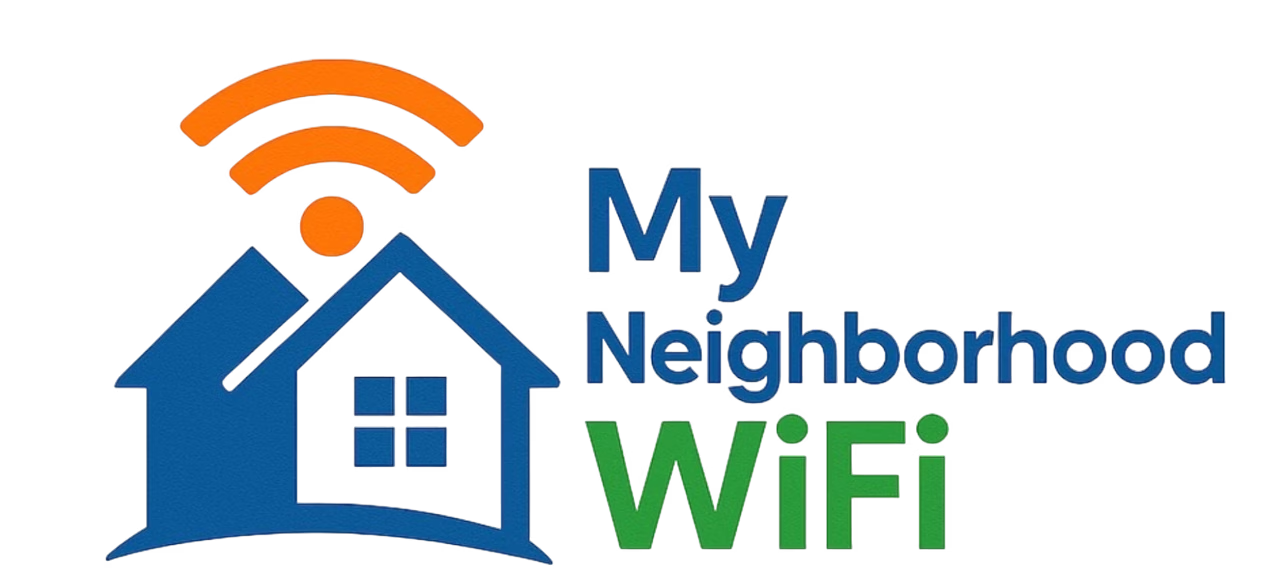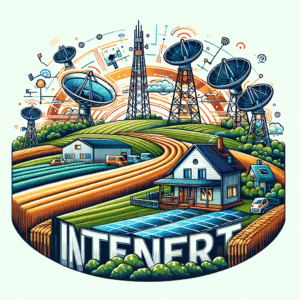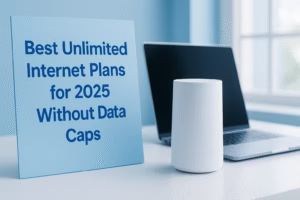
Are you tired of seeing your internet bill creep higher every month? You’re not alone. Many people think they’re paying for a simple internet plan, only to find out that hidden fees have quietly inflated their total cost. These sneaky add-ons can make even the best-looking deals more expensive than expected. Today, we’ll uncover the most common hidden internet fees, what they really mean, and how to avoid them — so you can stop overpaying and take control of your monthly internet costs.
Understanding the Real Cost of Internet Service
When an internet provider advertises a super-low price, it’s often just the beginning. The actual amount you pay each month usually tells a different story. The fine print might include extra charges for equipment, data caps, installation, or even basic maintenance. Knowing exactly what these are is your best defense against overpaying.
Why Internet Bills Are So Confusing
Most internet bills are a mix of service charges, taxes, and fees. Providers often separate their “base plan” from various “add-ons” that aren’t easy to spot at first glance. These might seem small, but together they can add $20 or more to your monthly payment. Over a year, that’s hundreds of dollars in unexpected expenses.
The Most Common Hidden Internet Fees Explained
Let’s break down the typical fees that sneak into your monthly bill — and what you can do about them.
1. Equipment Rental Fees
Many internet providers automatically charge you for using their modem or router, even if you already have your own. These “equipment rental” fees usually range from $10–$20 per month. That’s $120–$240 a year — just for using a device you could own outright.
How to avoid it: Buy your own modem and router. Make sure it’s compatible with your provider’s service and registered properly. You can find great discussions about modem compatibility and user experiences on Reddit.
2. Activation or Installation Fees
New customers often see one-time “setup” or “installation” fees on their first bill. These can range from $40 to over $100, depending on whether a technician visits your home. Even “self-install” kits may include a processing fee.
How to avoid it: Ask your provider to waive the fee. Many companies run promotions that include free installation if you sign up online or during a certain period. If that isn’t available, politely negotiate before committing.
3. Data Overlimit Charges
If your plan has a data cap, exceeding that limit can trigger costly overage fees. Some providers automatically bill you for extra gigabytes, while others throttle your speed instead. Always check your plan details to see if there’s a cap in place.
How to avoid it: Track your household data usage. Tools like your router’s admin panel or third-party apps can help. There are helpful tutorials on YouTube about how to monitor and manage data consumption effectively.
4. Late Payment Fees
Miss a billing date by even a few days, and you might get slapped with a $10–$15 “late payment” penalty. That might not sound like much, but it adds up quickly — and could even affect your credit profile if you fall behind repeatedly.
How to avoid it: Set up autopay or calendar reminders. Some internet companies even offer discounts for enabling autopay and paperless billing.
5. Early Termination Fees (ETFs)
Locking into a contract can mean cheaper promotional prices upfront. But if you cancel early — whether you move, switch providers, or your service quality declines — you might face steep cancellation fees. ETFs can range from $150 to over $300 depending on your contract terms.
How to avoid it: Choose a no-contract plan whenever possible. If you do sign a contract, read the cancellation policy carefully. Communities on Quora often share first-hand experiences about contract pitfalls and ways to negotiate better terms.
6. “Network Enhancement” or “Regulatory Recovery” Fees
These vague terms are among the most confusing charges on your bill. Providers label them as “cost recovery” or “infrastructure maintenance” fees. They’re not government taxes — they’re optional charges decided by the service provider.
How to avoid it: Unfortunately, these fees are often unavoidable once you’ve signed up. But you can factor them in when comparing total prices across different companies. Ask for the “out-the-door” monthly cost before agreeing to any contract.
7. Wi-Fi Management or “Security Suite” Add-Ons
Some providers automatically bundle “advanced” services like security software or Wi-Fi management into your plan. While these can be useful, you might not need them — especially if you already have reliable antivirus protection or use your own router.
How to avoid it: Review your bill for any optional services you didn’t request. Contact your provider and opt out. You can find free, trustworthy tools discussed in communities like Reddit Tech Support for better security options.
Other Sneaky Internet-Related Costs
Beyond the obvious fees, there are several other areas where costs quietly creep in. Here’s what else to watch for.
1. Price Hikes After the First Year
That low “introductory” rate often expires after 12 months. After that, your bill can rise by 20–60%, depending on your plan. This is one of the most frustrating tricks customers face, as the increase may come without clear warning.
How to avoid it: Mark your renewal date. Call before your contract renews and ask for loyalty discounts or new-customer offers. Users on Facebook neighborhood groups often share how they successfully negotiated lower rates.
2. Paper Billing Fees
Some providers charge a small fee — usually $2 to $5 — if you prefer a printed bill instead of an electronic one. It’s presented as an “eco-friendly incentive,” but it’s really just another way to squeeze more money from you.
How to avoid it: Switch to email billing or view your statements through your online account portal. It’s faster, cheaper, and better for the environment.
3. Missed Technician Appointments
If you schedule a technician visit and can’t make the appointment, some providers charge rescheduling or no-show fees. These might not appear on your first bill, making them harder to spot until later.
How to avoid it: If you must reschedule, do it at least 24–48 hours before your appointment. Double-check your provider’s policy on appointment cancellations.
How to Detect and Understand Hidden Fees
Hidden fees are often buried within billing statements or contract fine print. Here’s how to uncover them before you get stuck paying extra.
1. Examine Your Contract and First Bill
Many people skim their first bill without realizing what’s changed from the advertised price. Compare the bill to what you expected — line by line. If you see “miscellaneous” or “surcharge” items, ask your provider to explain each one.
2. Read Customer Reviews and Forums
Before signing up, look for user discussions and reviews on social platforms or online communities like Reddit’s CordCutters. Real customers often expose hidden fees or misleading inclusions long before official sources mention them.
3. Ask the Right Questions Upfront
When comparing internet plans, don’t just ask for the monthly price. Ask:
- Are there equipment rental fees?
- Are data caps or usage limits enforced?
- Will my price increase after a year?
- Are there installation, activation, or cancellation fees?
Having these answers in writing will help prevent unexpected charges later on.
Tips to Lower Your Internet Bill
Knowing what fees exist is step one. Step two is finding ways to reduce or eliminate them — without losing quality service.
1. Bring Your Own Equipment
Owning your own modem and router pays off quickly. Within a year, you’ll likely save more than the cost of your devices. Check reputable sources like Wikipedia for product compatibility details or network standards.
2. Negotiate Your Bill Annually
Simply calling your provider can save you a surprising amount. Be polite but direct: let them know you’re considering alternatives and ask what promotions are available for loyal customers. Practices like this are frequently shared with success stories on Reddit Frugal threads.
3. Monitor Promotions and Competitors
Even if you love your current provider, it helps to know what else is available in your area. Promotions change often, and a quick call to customer service referencing a competitor’s deal can sometimes trigger an immediate discount.
4. Split Costs With Roommates or Family
If you live with others, agree on a shared plan that fits everyone’s usage. Upgrading slightly to a faster tier might be cheaper per person than multiple plans or mobile data overages.
5. Review Your Service Regularly
Every six months, take a moment to check your plan. Are you paying for more speed than you actually use? Has your household internet usage changed? You can adjust your service level or device setup accordingly.
Common Red Flags That Indicate You’re Overpaying
Even without hidden fees, you might still be paying more than necessary. Here are the warning signs:
- Your intro price expired and no one informed you.
- You’re paying for channels, services, or add-ons you don’t use.
- Newer, cheaper plans are available but not automatically applied.
- You’re renting outdated equipment that affects your speed or Wi-Fi coverage.
These are subtle ways providers rely on customer inattention to maintain profit margins. Awareness is your best financial defense.
Should You Contact Customer Support for Fee Adjustments?
It might feel intimidating to challenge an internet company, but it’s worth doing. In many cases, representatives can adjust or even remove fees after a quick conversation — especially when you mention potential cancellation. Be calm, polite, and persistent. Document the details of your calls in case you need to follow up.
Also, some users have success connecting with company representatives through official pages on Facebook or direct support chats on their websites. Don’t hesitate to publicly ask questions or express confusion about unexplained charges — transparency often brings faster results.
Key Takeaways: Stop Letting Hidden Fees Drain Your Wallet
Hidden internet fees may seem inevitable, but they’re not unstoppable. By checking your bill regularly, owning your equipment, and negotiating proactively, you can save hundreds of dollars each year. Remember — your internet connection should empower your household, not drain your budget.
For more user experiences and real-world discussions on how people successfully cut down their bills, you can browse forums like Reddit Personal Finance or watch consumer advice videos on YouTube. The more you learn, the more control you’ll have over your digital life — and your monthly expenses.
Written by admin
Content writer and tech enthusiast sharing insights on internet connectivity.



